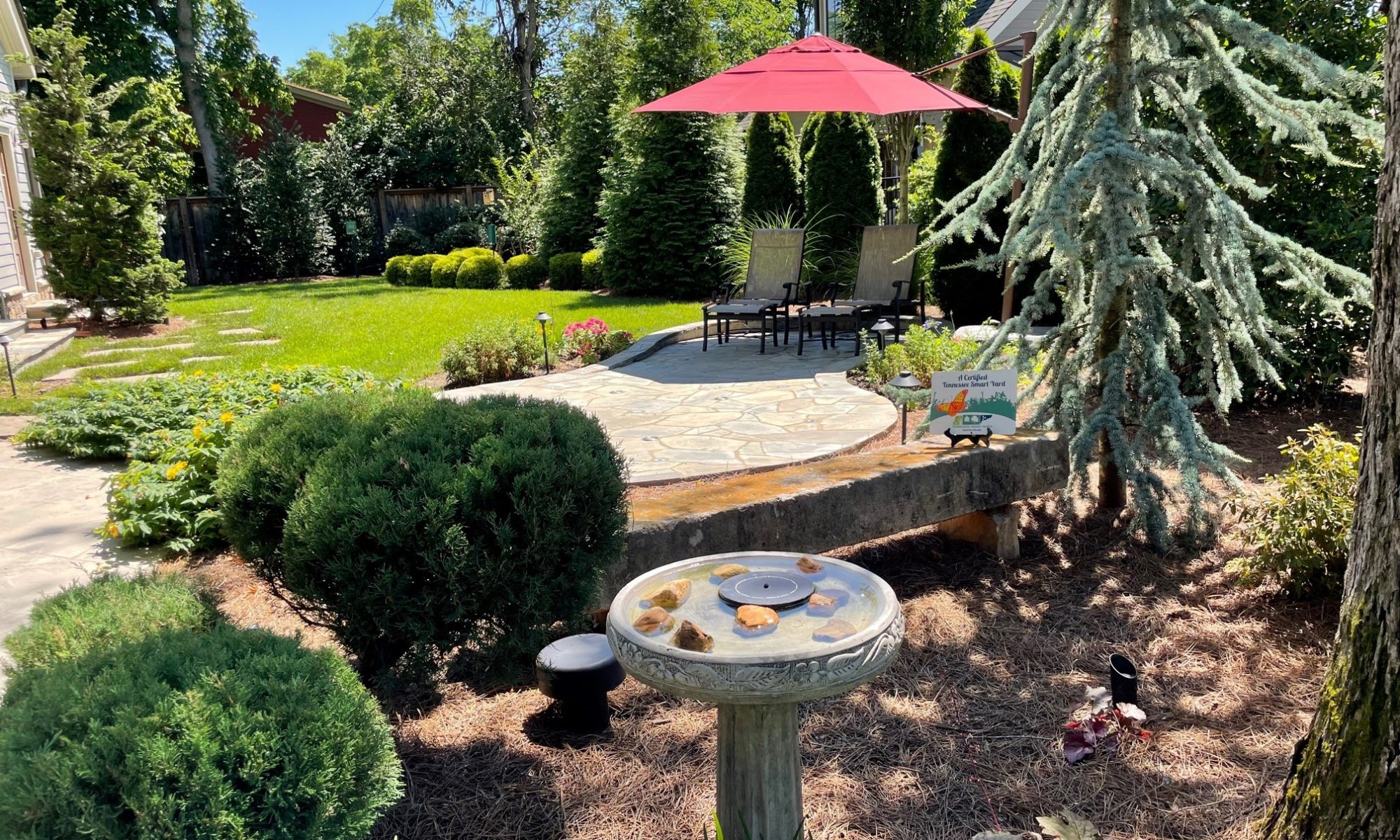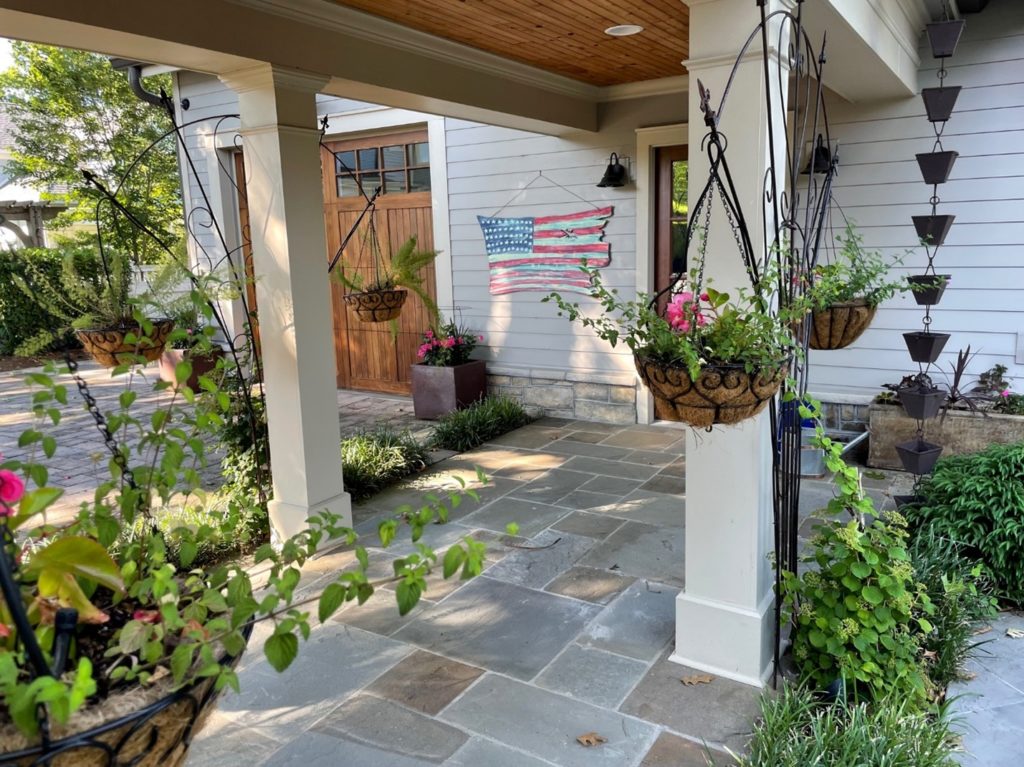
Current Pilot Program Underway, Set to Expand Statewide
KNOXVILLE, Tenn. — The first-ever Tennessee Smart Yards Community is working towards certification. Franklin, Tennessee, in Williamson County, is currently pursuing certification through the University of Tennessee Extension Smart Yards program, led by Andrea Ludwig, an associate professor in the Department of Biosystems Engineering and Soil Science.
Through the Smart Yards program, homeowners and residents across Tennessee incorporate lawn and property management guidelines that yield healthier, more sustainable landscapes. Built on nine foundational principles of stewardship and responsibility, the program works to build awareness of small steps that can have a big impact statewide. From managing runoff in beneficial ways to incorporating native plants into residential landscapes, an online certification tool lists dozens of potential steps individual residents can take to make their yard or property a certified Tennessee Smart Yard.
The pilot program in Franklin takes the certification to the next level, with residents across the community and the Downtown Neighborhood Association of Franklin all involved in creating an entire Smart Yard community.

“This is really the first effort of its kind here in Tennessee,” states Ludwig. “Once an entire community gets on board with this concept of stewardship, the potential environmental impacts can increase exponentially.” Ludwig, who is based in Knoxville, is working with several key individuals in Williamson County for this initiative. Taylor Reeder, UT Extension agent in Williamson County, and Bob Ravener, committee chair for the initiative with the Downtown Neighborhood Association of Franklin, have played important roles in spearheading the initiative and helping spread the word about the program so that more residents can become involved.
“I think we all want to do more to improve the quality of life within our communities,” adds Ravener, “but often just don’t know how to do that outside our own areas of expertise. But we can all be better stewards of our own yards and the surrounding green spaces. That’s why an initiative like this is so exciting for Franklin.”
Currently, Franklin, Tennessee, is on course to be certified as the first Smart Yard community in Tennessee in 2021, with more than 700 downtown neighborhood residents receiving monthly newsletters packed with science-based guidance and information on healthy landscaping practices. Neighborhood leaders also believe the initiative can be expanded to other green spaces as part of the effort to promote healthy landscaping practices and increase the number of certified yards throughout the community.

Other pilot communities in the eastern and western regions are coming on board later this year to help guide the development of requirements for participating communities. Once the pilot effort is complete, communities across the state will have a playbook on how to become certified Tennessee Smart Yard Communities. In the meantime, every Tennessean can participate now in the program by heading to the website at tnyards.tennessee.edu to get started.
“When it comes to health, whether that’s environmental health or physical health or something else, small, sustainable steps make the largest difference,” adds Ludwig. “Through Smart Yards, we are cultivating respect for the environment and our role in its well-being, and I’m thrilled to see the program grow to encompass entire communities as well.”
Through its mission of research, teaching and extension, the University of Tennessee Institute of Agriculture touches lives and provides Real. Life. Solutions. utia.tennessee.edu.